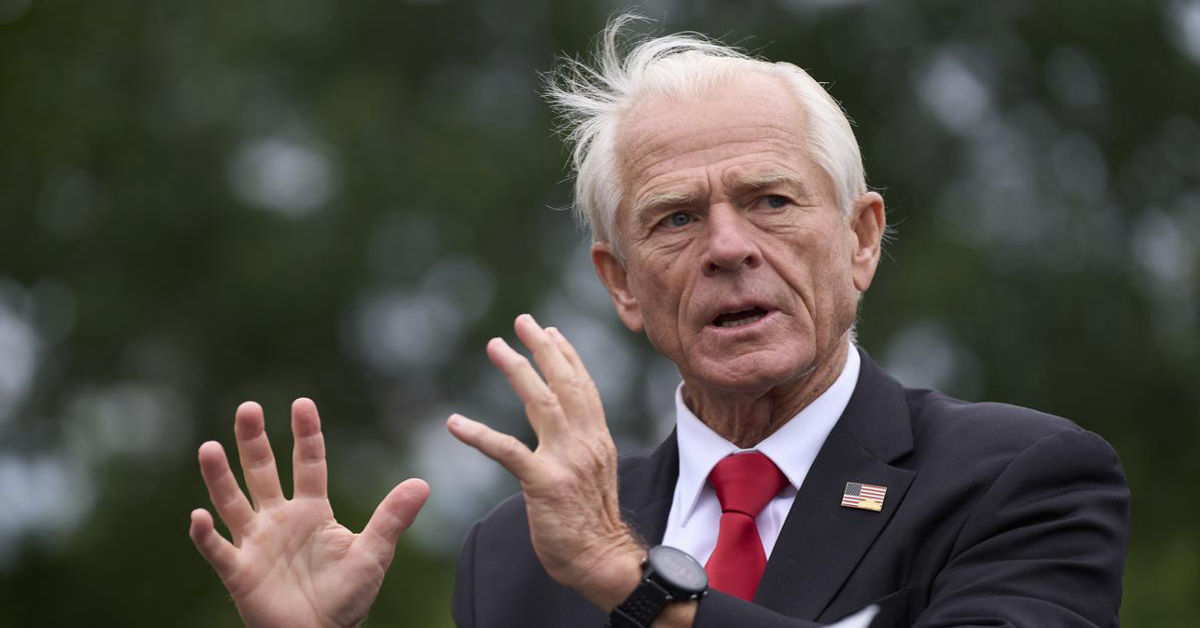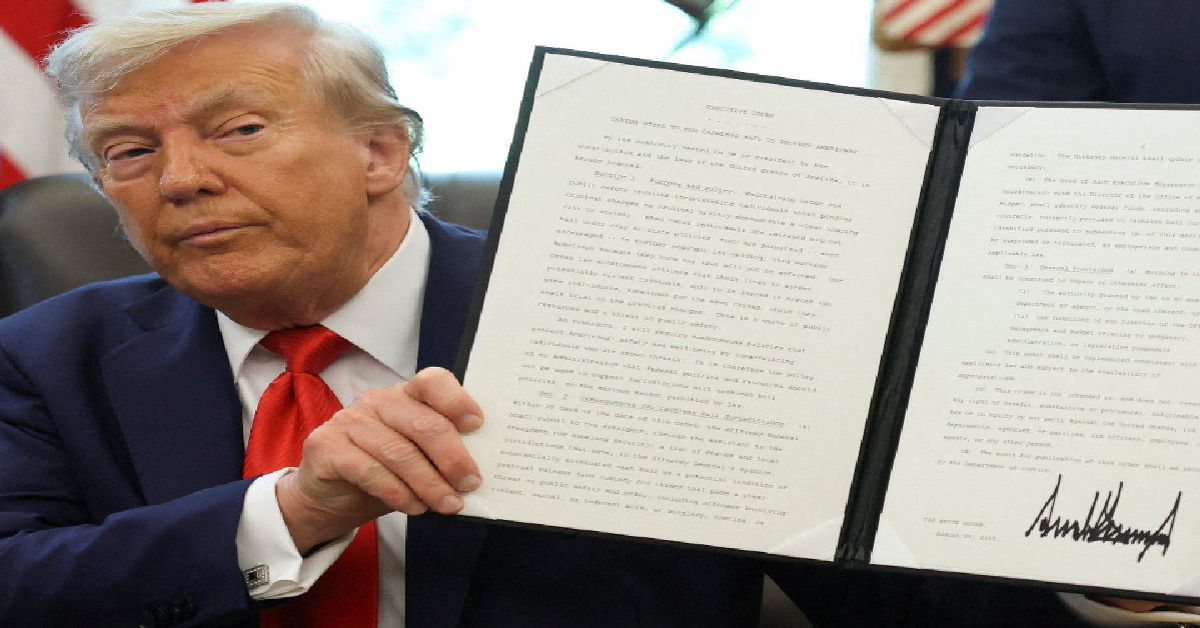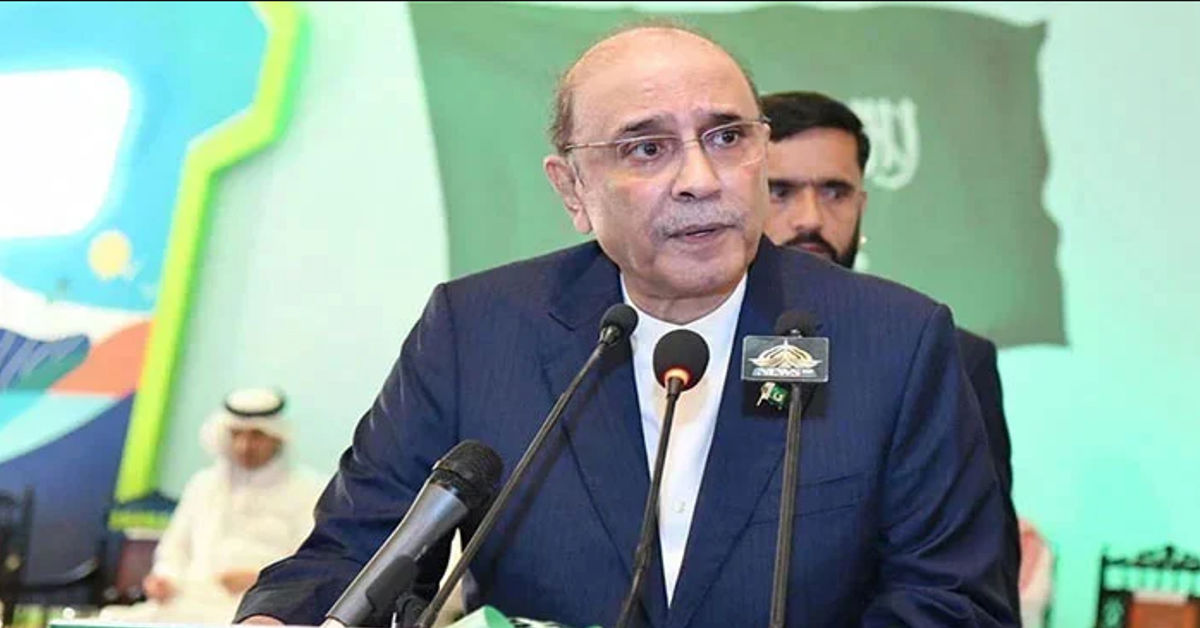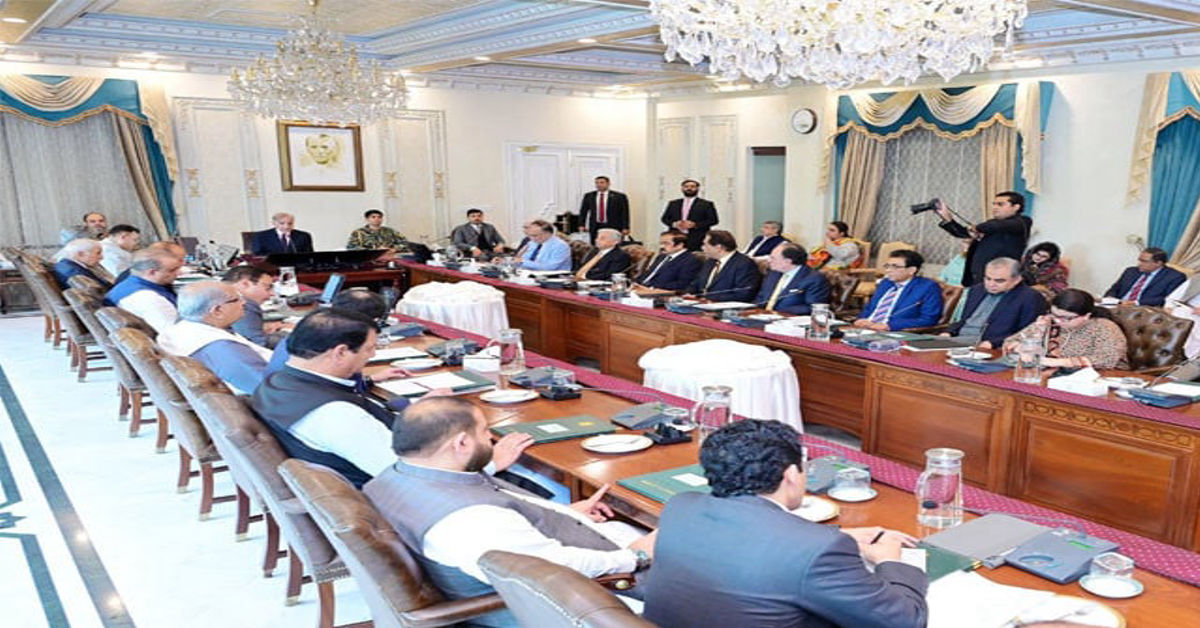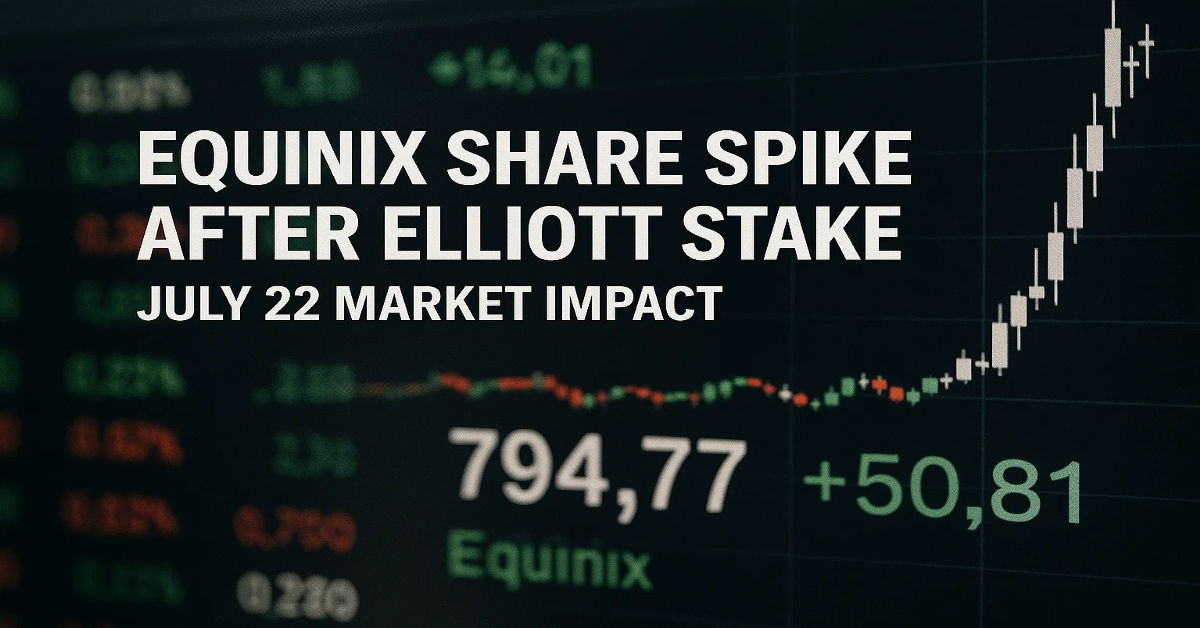
In recent days, there has been considerable confusion surrounding the State Bank of Pakistan’s (SBP) position on cryptocurrencies and virtual assets (VAs). Media coverage of the National Assembly’s Standing Committee on Finance and Revenue reignited debates about whether Pakistan has declared cryptocurrencies illegal. However, the SBP has now stepped forward to clarify that its 2018 advisory did not ban virtual assets. But instead cautioned regulated institutions against dealing with them in the absence of a proper legal and regulatory framework.
What the 2018 Advisory Actually Said
Back in April 2018, the SBP issued a circular that directed banks and other regulated financial institutions not to facilitate individuals or businesses engaged in cryptocurrency transactions. This move was widely interpreted by the public and media as a complete ban on cryptocurrencies in Pakistan. However, as the SBP has now clarified, the advisory was not a legal prohibition but a risk management measure. The aim was to protect financial institutions and their clients from the volatility and potential abuse associated with unregulated digital assets.
Protecting the Financial Ecosystem
According to the SBP, the advisory was driven by concerns about the lack of oversight and the potential for misuse of digital assets in illegal activities, including money laundering and terrorist financing. Without a legal framework in place. There was no recourse for investors or institutions in cases of fraud, theft, or market manipulation. The central bank’s priority was to ensure the stability and safety of Pakistan’s financial ecosystem, which it believed could be undermined by exposure to unregulated cryptocurrencies.
Response to the Finance Committee Session
The matter resurfaced following a session of the National Assembly’s Standing Committee on Finance and Revenue. Where members questioned the legal status of virtual assets and the role of the SBP in shaping crypto policy. In response, the SBP issued a statement clarifying that its past actions were not declarations of illegality. But rather protective advisories aimed at preserving financial order until a suitable regulatory structure could be put in place.
Collaboration with Stakeholders
In a major development, the SBP revealed that it is actively collaborating with the Finance Division and the Pakistan Crypto Council (PCC) to create a comprehensive legal and regulatory framework for virtual assets. The federal government established the PCC and tasked it with ensuring that any regulatory approach. Reflects both global best practices and the unique economic realities of Pakistan. This collaborative effort significantly shifts the state’s attitude toward digital currencies. Rather than banning them outright, the focus has moved toward integrating them into the formal economy through proper governance.
Goals of the Upcoming Framework
The SBP emphasized that the goal of the new regulatory framework is to strike a balance between innovation and consumer protection. A well-crafted set of rules will provide legal clarity, improve investor confidence, and attract international crypto players to the Pakistani market. Policymakers are likely to address key areas such as anti-money laundering (AML) compliance. Taxation, know-your-customer (KYC) protocols, and the licensing of crypto exchanges.
Lessons from Global Practices
Pakistan is not alone in grappling with how to regulate cryptocurrencies. Countries like the United States, United Kingdom, and United Arab Emirates have all adopted varied approaches, ranging from open acceptance to cautious regulation. The SBP appears to be observing global trends closely to ensure that Pakistan’s framework is both competitive and secure.In particular. Pakistan may look to models like that of Dubai, which has established a special regulatory authority for virtual assets, or Singapore. Where cryptocurrency businesses must comply with strict licensing rules to operate legally.
Public Reaction and Market Sentiment
The SBP’s clarification has been met with cautious optimism by the local crypto community. For years, Pakistani crypto investors have operated in a grey area, with limited access to banking channels and frequent uncertainty over the legality of their activities. Many see the SBP’s recent statement as a sign that Pakistan is finally moving toward legitimizing the industry. Crypto enthusiasts and industry leaders have welcomed the formation of the Pakistan Crypto Council. Viewing it as a sign that the government is serious about engaging with stakeholders and crafting informed policy.
Challenges on the Road Ahead
While the SBP’s clarification and collaborative efforts are encouraging, several challenges remain. Implementing a full-fledged legal framework for virtual assets will require coordination across multiple government bodies, technical infrastructure, and public awareness campaigns. The authorities must also ensure compliance among global crypto players who may wish to operate in Pakistan. Moreover, the government will need to rebuild public trust after years of mixed messaging and uncertainty. Clear, transparent communication from the SBP and the Finance Division will be essential in winning over both investors and the general public.
Conclusion
The State Bank of Pakistan’s recent clarification about its stance on virtual assets signals a pivotal moment for the country’s financial and technological landscape. By stating clearly that virtual assets were never declared illegal and by actively working with the Pakistan Crypto Council and Finance Division. The SBP has set the stage for a more inclusive, regulated, and transparent crypto ecosystem. If implemented wisely, the upcoming legal framework could position Pakistan as a forward-looking participant in the global digital economy. Offering its citizens the benefits of innovation while safeguarding against the risks. The future of cryptocurrencies in Pakistan now seems more secure, and more promising, than ever before.





